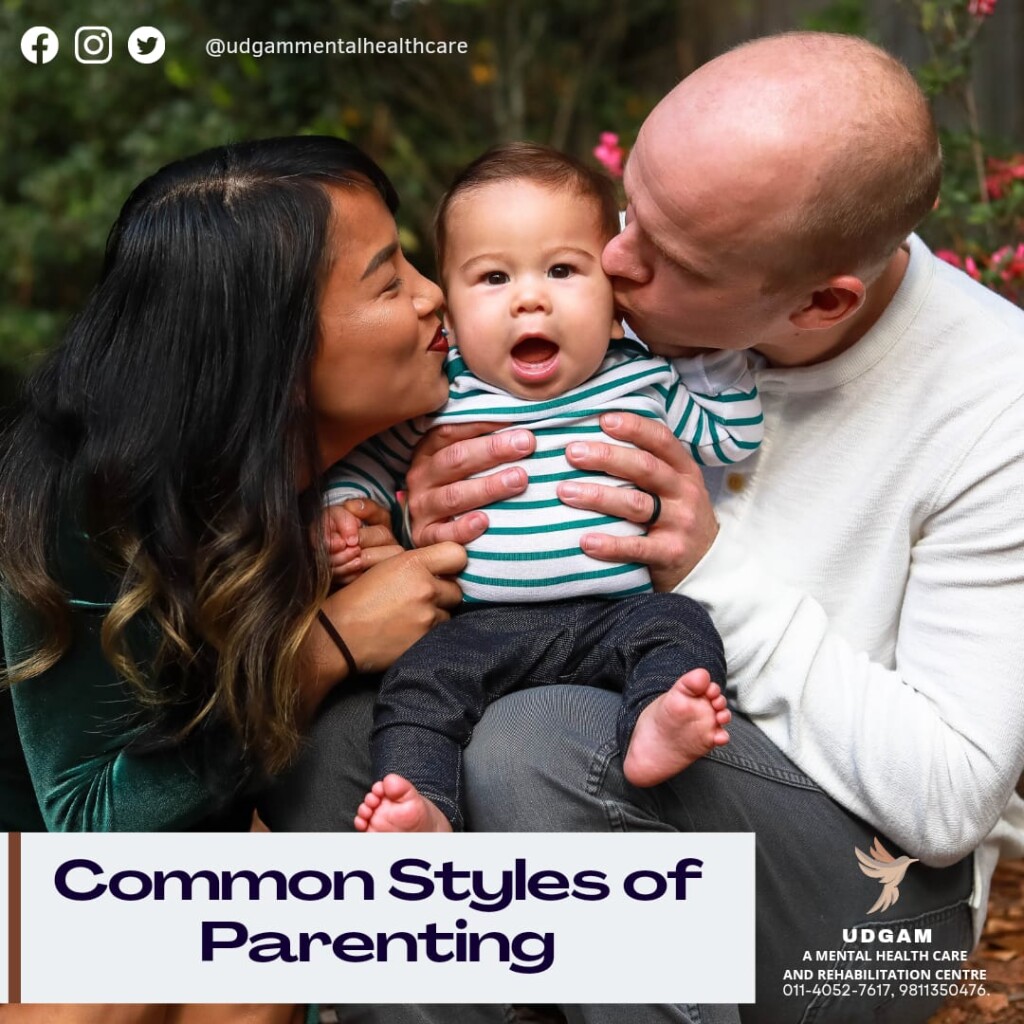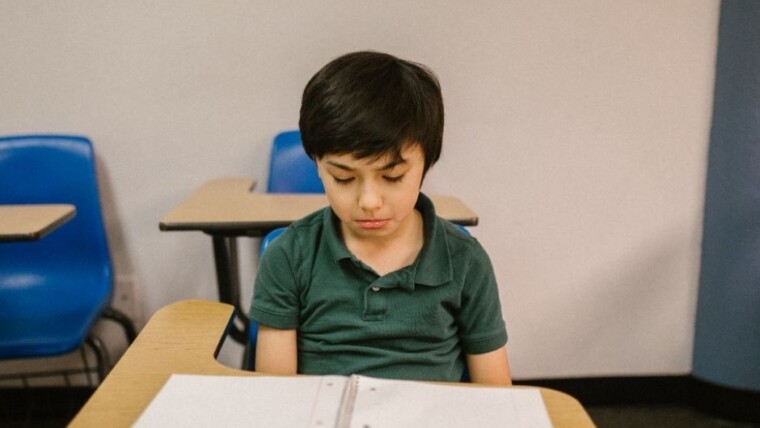Common Styles of Parenting
Parenting is the most rewarding yet challenging experience in life. It is the parent that gives the child a stepping stone to integrate themselves into society. Children imitate learning. If you show good they're likely to learn well. But a good habit depends on that child’s introspection, perception, and experiences. So show them better ways to handle life, but let them choose their path.
Working as a parent to provide the best for your child is necessary. But don't run after the thought of being the perfect parent in every scenario. Just be what you are, i.e. a human, with a bit of superpower.
The many Faces of a Parent
There are a few main pointers to remember while talking about the basics of parenting. How you are as apparent is seen by
- the type of attachment that you create with the child
- the type of role model you are
- how much empathy you can impart
- at the same type appear to be a dependable leader
- with the power to discipline.
In theory, we focus on 4 official parenting styles, proposed by psychologist Diana Baumrind, PhD, to understand the needs and gaps between parents and children.

The Authoritarian Style of Parenting
Is the style of parenting that is less nurturing and more demanding. The parents have high expectations, but provide little to no feedback. Any failure to meet said expectation, the child gets punished. The balance between discipline and growth is not present in this style. Parents feel that if a child is not punished immediately after wrongdoing, they would continue to make the same mistakes. Such parents show little to no patience when dealing with misbehavior, they like to keep their approach as "punish first, ask later". Their expectation bar is highly impractical and does not align with the child’s potential and interests.
This 'my way' approach leaves very few choices for children. There is no feedback on their performance, no explanation for their punishments, and no way to approach their parents for anything.
Parents do not think that their children are capable of making any good choices, so to avoid failure in life, they would try to make these choices for them. If the child succeeds, the parents get the glory, but if they fail, then parents get fed into their thought that their child is not capable of doing things by himself.
Authoritarian parents might choose this style of parenting because,
they have been raised in the same way, so they either believe that this way works for everyone or our uninformed that there are other ways as well.
In some cases, a person might be frustrated with their childhood and can reflect their aggression onto their children, knowing or unknowingly. The effects on children due to this type of parenting can be a bit extreme
- Kids might be successful, but never feel genuine happiness in their success.
- Kids might never feel like they have succeeded or been good enough or up to their parent's standards.
- They might not approach their parents or any authority figure later in life, for fear of criticism.
- They might become more aggressive or submissive or antisocial.
- They might face problems in future relationships (romantic or otherwise).
And if the question is does everyone with this style of parenting become a failure, then the answer is that it is not true. A person's success depends on their narrative, not on others' expectations. The downside of this style is that it forces a parent's expectations onto the child so heavily that it gives them no room to develop into their personality.
The Authoritative Style of Parenting
Is the most reasonable style of parenting, here parents don't just demand they provide as well. Parents want their children to do good, and instead of just punishing them they encourage them to do better. There is detailed feedback present, the child can express himself, and nurture and warmth are the essential features of this style. This does not mean that discipline is absent, the child is punished when he makes a mistake, but not without ensuring that the child understands what he did wrong and how he can do better.
Children are encouraged to express their opinions, and their individuality and uniqueness are also nurtured.
These parents have high expectations, but they also value individual capacity, they are fair in giving discipline and encourage independent thinking. They believe in teaching their children that consequences are real, and must be thought of before you take action.
These kids the turnout to be healthier, more in touch with emotions, and even patient. They value their success and work harder if they fail.
Permissive Style of Parenting
If the above two styles were hard and responsible respectively, this style is completely different. Parents are overly responsive to their children. They let them do anything, without placing any boundaries or discipline. Children while growing up suffering from a lack of self-control or patience. The parents do not expect any maturity from their children, nor do they facilitate it. They are very lax and think children can figure everything out on their own. Many parents in such cases are lacking that protective feature, where they work towards teaching child independence and providing them with a safe space to talk. They want to remain friends with their children and use gifts as a way to keep them happy.
Neglectful Style of Parenting
These types of parents are detached from their kids' lives. They show no interest or effort to get to know their kids. They might provide for them, but there is no bond between parent and child. Often such children develop
- Low self-esteem
- Complex health problems
- Academic problems
- Poor relationships
These parents might use this style because they had a similar childhood, they have issues of their own that they prioritise before their children, were forced to be parents or they are trying to protect their children from bad habits. There is also a risk of substance abuse, abusive relationships, becoming a people pleaser, or antisocial behaviours with these children.
Goals of Parenting
- To prepare your children for the future
- To work for their safety and their health
- To ensure they learn survival skills
- And more
Each parent has their way of bringing up their child, depending on their values, experiences and needs, they do their best for their child. As soon as the child starts to show their own needs, the parent adapts to those needs to continue to provide for them. A good balance between the needs of a child and the needs of parents is helpful. These many roles are the job of one parent and are a challenge that parents constantly struggle to maintain. At Udgam we understand that this is no easy job. Therefore, we work hard to help train parents in soft skills which will be helpful to them in their daily life. Stay tuned, to learn more about parenting and get some tips, on our website.
Anuja Sathe
Counselling Psychologist
[ratings]



